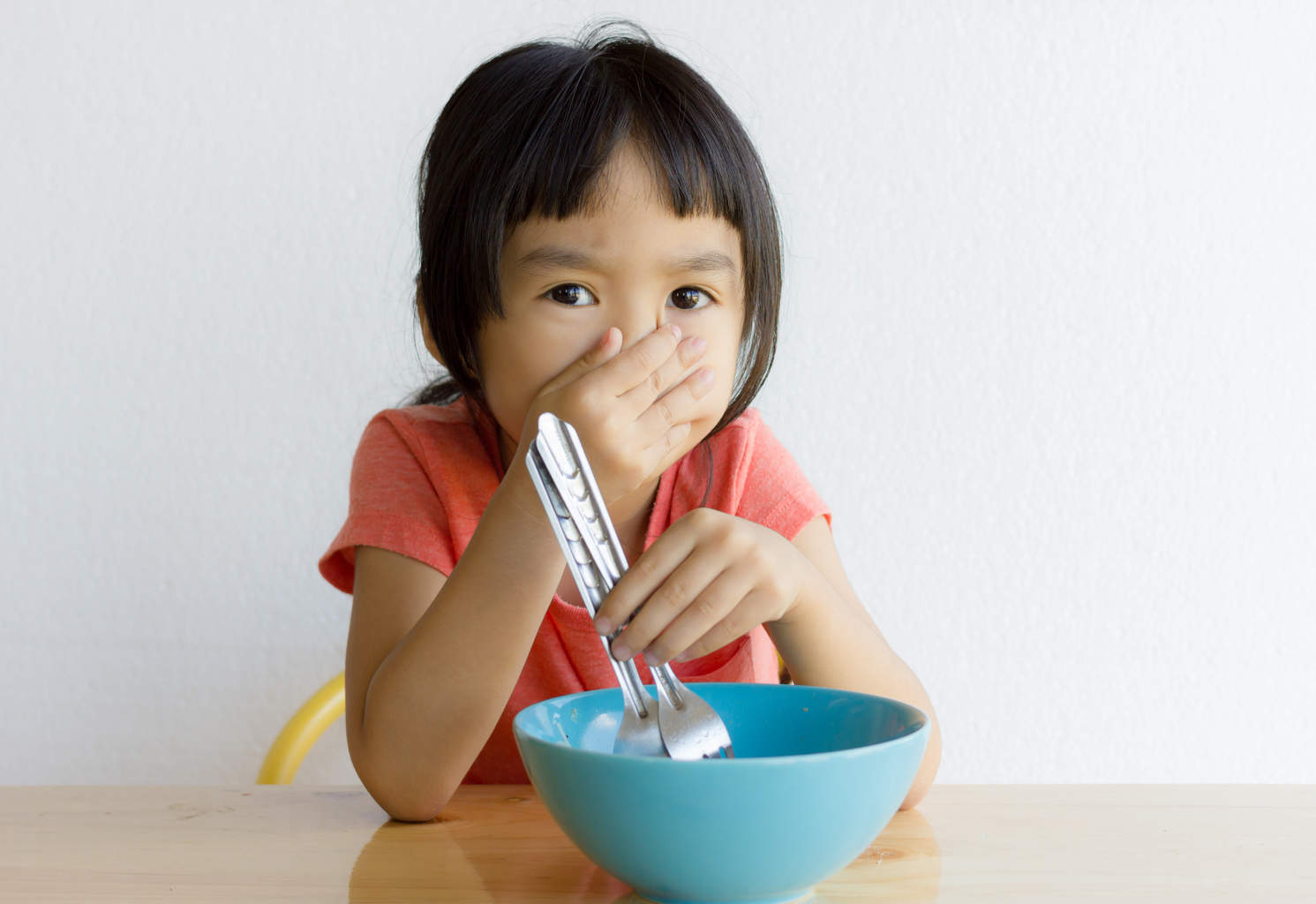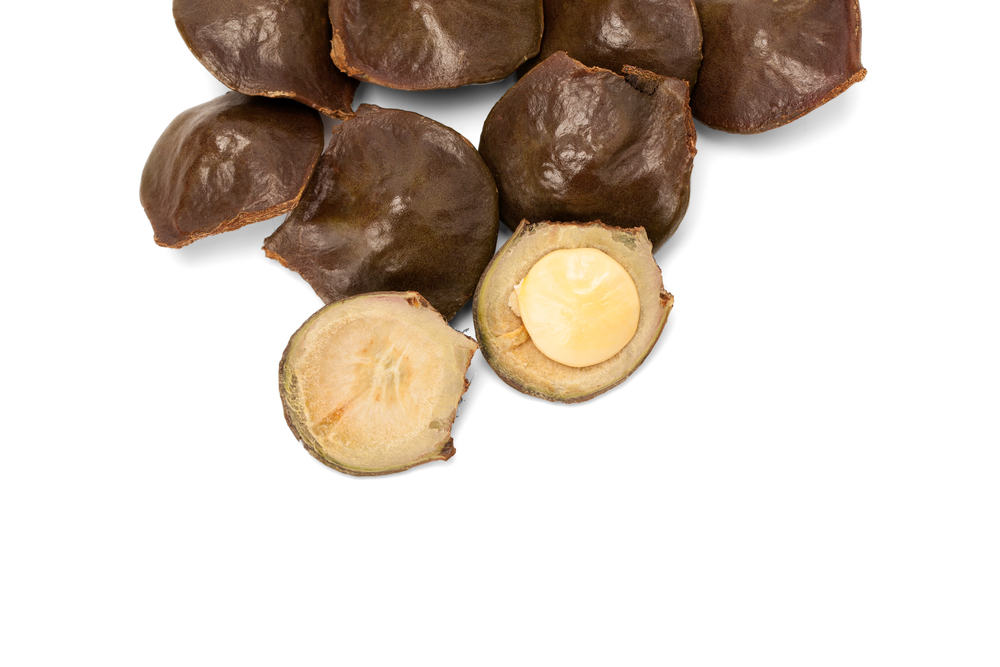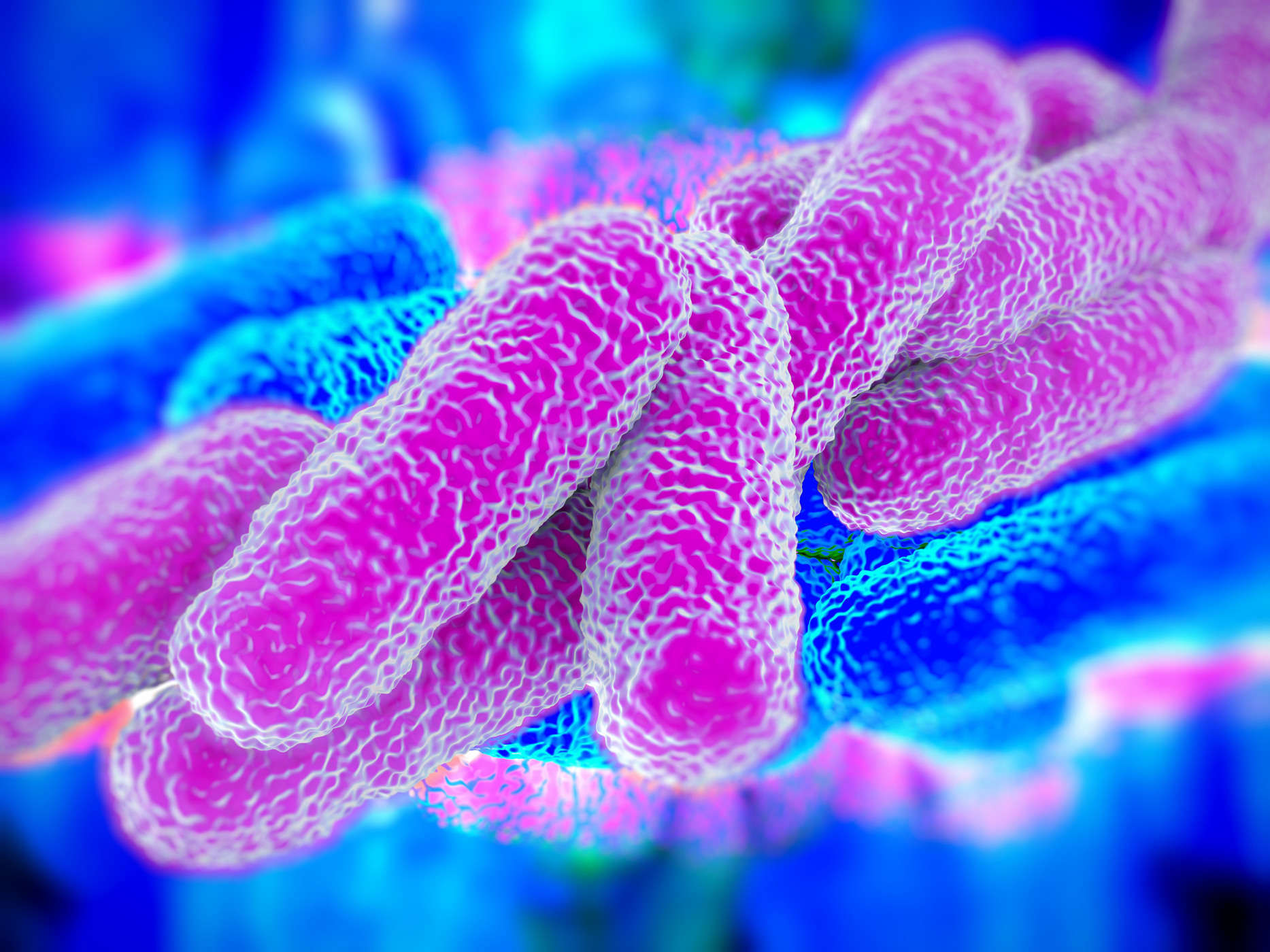Contents:
- Medical Video: Dr. Oz Explains Gas
- Get to know the baby's fart and its causes
- 1. The digestive tract is immature
- 2. Gas-containing foods
- 3. Swallow air
- 4. Just start solid food
- 5. Frequent crying
- Why does the smell of baby fart vary?
- Baby fart does not smell
- Baby farts emit mild odors (like sulfur)
- The baby's fart smell is strong, like sulfur
- Baby farts smell bad
Medical Video: Dr. Oz Explains Gas
All mothers want their babies to be healthy. Every change that is shown by the baby, surely the mother can find it. However, sometimes these changes actually make the mother worry about the baby's condition. One of them is the baby's fart smell that changes as usual, more foul. Maybe this is influenced by the food that babies eat. However, can this be a sign related to baby's health?
Get to know the baby's fart and its causes
Farting is a sign that the baby's stomach is full of gas, and this is normal. Gas can be caused by food entering the baby's body or when the baby is eating (gas-containing air can enter through the baby's mouth). So, farting babies does not always mean he has a stomach ache or is having a problem with his digestive system.
READ ALSO: Causes of Constipation and Diarrhea in Newborns
Some of the causes of baby fart are:
1. The digestive tract is immature
The baby's digestive tract is not fully mature and is still developing. This causes the baby to fart. Fart can be a result of digesting lactose, nutrients, and protein from food. As the baby's digestive system develops better, baby's fart may decrease in frequency.
2. Gas-containing foods
The food that babies eat can also cause babies to fart. Just like adults, eating lots of nuts or vegetables that produce gas can cause farting. Babies who are still breastfed can get this impact from the food you eat. Mothers who eat lots of oranges and dairy products can also cause baby's stomach to bloate and cause farting.
3. Swallow air
When eating or breastfeeding, the baby also swallows air. This gas-containing air then builds up in the baby's body and is released from the body through farting. Babies who suckle using milk bottles can also swallow more air.
4. Just start solid food
Newborns that are first introduced to solid foods may also experience farting more often. The baby's digestive system takes time to get used to digesting solid foods. This might cause digestive problems in the baby and the baby's stomach gums.
5. Frequent crying
Babies who often cry cause more air to enter the baby's body. This causes more gas to accumulate in the baby's digestive tract, causing farting.
Why does the smell of baby fart vary?
Many types of baby farts, you as a parent must recognize whether your baby's fart smell is normal or not. Sometimes when a baby farts, the baby's fart does not produce any smell and sometimes the baby's fart smells very bad. This may be related to food that babies eat.
However, if you don't find a connection between baby food and its fart smell, the baby may have an infection in his stomach. Moreover, if the baby fart more often than usual, this may be a sign that the baby is experiencing digestive problems.
The smell of baby fart is produced by the content of various gases contained in the baby's fart. Most of the gas contained in baby farts is carbon dioxide gas. In addition, baby farts also contain hydrogen, methane, nitrogen and oxygen. Nitrogen and oxygen gas can enter the baby's body when the baby swallows food, when the air is swallowed by the baby. This gas then mixes with hydrogen, carbon dioxide, and methane along the digestive tract. Baby farts also contain small amounts of sulfur gas, but this gas causes fart to smell. The smell of sulfur gas is almost the same as the smell of rotten eggs.
READ ALSO: 6 Health Facts Regarding Discard the Wind (Fart)
The following are types of baby fart based on the smell and the cause.
Baby fart does not smell
Baby fart is caused by gas that builds up in the baby's stomach because of the air that the baby swallows (when eating or crying, for example) and the result of breaking down food in the baby's digestive system. Because of this, baby farts usually don't smell and this is normal. You can only hear the sound but can't smell the fart.
Baby farts emit mild odors (like sulfur)
This fart odor is usually caused by foods containing sulfur that babies eat. These foods, such as nuts and vegetables, especially broccoli and cauliflower. This food may not be eaten directly by the baby, but it enters the baby's body through breast milk. So, this also depends on the food you eat (if the baby is still breastmilk). This mild fart smell is also normal and can disappear quickly.
The baby's fart smell is strong, like sulfur
This fart smell is also caused by food that enters the baby's body, from food that the baby directly eats or through breast milk. Vegetables eaten by babies can produce gas after digestion, especially those that contain lots of fiber and starch. Meat can also produce more gas and smelly fumes. This is because red meat contains a lot of sulfur compounds.
So, if the baby's fart is very smelly, try to remember if your baby ate a lot of foods that contain high protein, such as meat, chicken, fish, or eggs. Maybe this food that causes baby's fart is very smelly.
Baby farts smell bad
If the baby's fart smells very strong, like a bad smell, you should be more alert. This can be a sign that the baby is having an infection or the baby is experiencing digestive problems or absorption of some nutrients, such as lactose from milk. Even more so if the baby's fart that stinks is produced after the baby consumes milk or milk products that contain lactose.
If you can't find what foods cause the baby to fart with a foul odor, it might be an infection of the stomach (gastroenteritis). This possibility can be higher if the baby also experiences:
- Fart more often
- More number of baby stools
- Gag
- Having trouble eating
- Fussy babies
- Fever (may or may not exist)
If the baby shows signs like this, you should immediately consult the condition of the baby with a pediatrician.
READ ALSO: How Many Formula Milk Do Babies Need?












